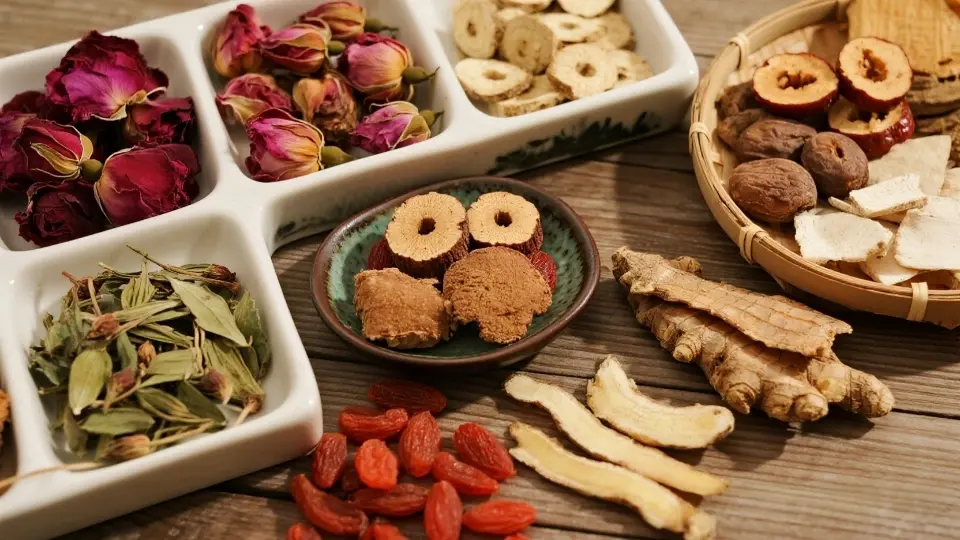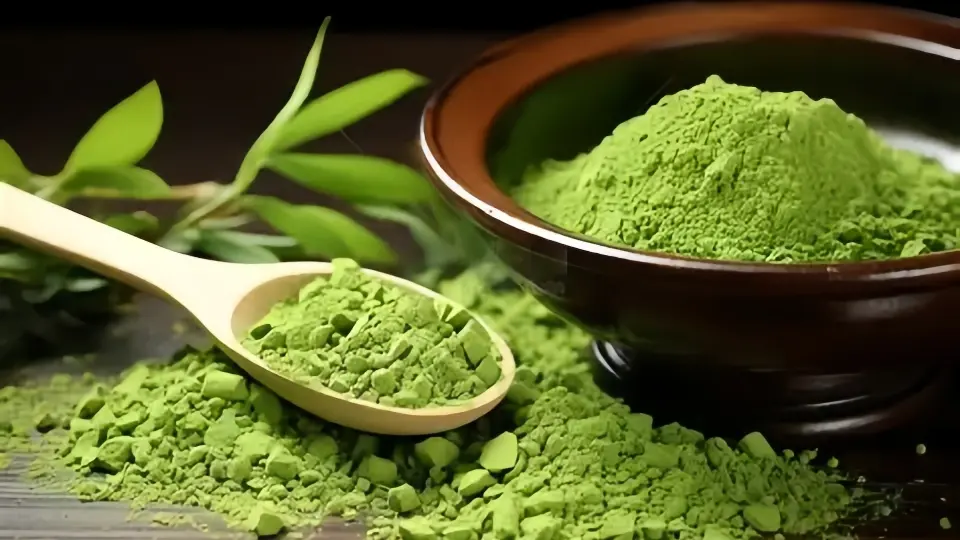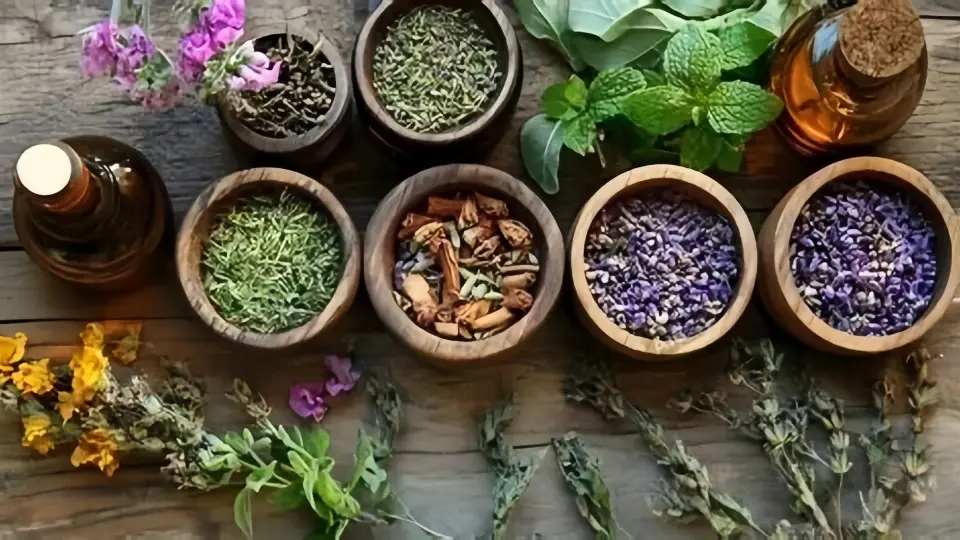Green Tea vs. Raspberry Leaf vs. Our PMS Tea: A Comprehensive Guide to Popular PMS Teas

Green Tea: The Antioxidant Powerhouse
Green tea has earned its reputation as a health drink due to its high concentration of antioxidants, particularly epigallocatechin gallate (EGCG). These compounds have powerful anti-inflammatory effects that can help with the bloating and fluid retention often associated with PMS. Additionally, green tea contains L-theanine, an amino acid known to promote a sense of calm and relaxation, which can be a huge plus for those experiencing PMS-related anxiety or mood swings [1].
However, the question of "is green tea good for pms" is not without its caveats. The caffeine content in green tea, while lower than coffee, can still be a concern. For many, caffeine acts as a diuretic, potentially worsening dehydration and making headaches more likely. More importantly, it can increase feelings of irritability and anxiety, which directly counters the very symptoms you’re trying to alleviate.
When and How to Drink Green Tea for PMS
If you're considering green tea, the best time to drink it is in the morning, away from your main meals, as it can interfere with iron absorption. A single cup is often enough to reap the benefits without the side effects of caffeine. For those wondering, "can you drink matcha green tea powder while pms," the answer is yes, but with caution. Matcha contains a much higher concentration of caffeine and L-theanine, making its effects more potent. It's best to enjoy it in a small quantity and to be mindful of how your body reacts.

Raspberry Leaf Tea: The Traditional Uterine Tonic
Raspberry leaf tea has been a cornerstone of traditional medicine for centuries, particularly in supporting women’s health. It is believed to be a "uterine tonic," meaning it can help to tone and strengthen the muscles of the uterus. The theory is that stronger, more efficient uterine muscles may lead to less severe and painful cramps [2]. So, "does raspberry leaf tea help with pms"? While anecdotal evidence abounds and it’s a popular choice, a lack of rigorous scientific studies makes it difficult to draw a definitive conclusion. Some women swear by it for their cramps, while others find no noticeable effect.
When and How to Drink Raspberry Leaf Tea for PMS
If you want to try raspberry leaf tea, it is most often recommended to begin drinking it a week or two before your period. The idea is to build up its tonic effects over time rather than expecting immediate relief. It is generally considered safe, but it's always wise to consult a healthcare professional before adding any new herb to your regimen, especially if you have an underlying medical condition or are pregnant.
The Laicuherb PMS Tea Advantage: A Holistic and Targeted Solution
While green tea and raspberry leaf tea each offer a single, potential benefit, the reality of PMS is that it’s a complex interplay of hormonal shifts, physical pain, and emotional changes. Relying on a single-ingredient tea can be a hit-or-miss approach. This is where a targeted, multi-ingredient blend like our Laicuherb PMS Tea offers a significant advantage. To fully understand its benefits, you can read our comprehensive guide, What is PMS Tea? The Ultimate Guide to How it Works and What it Does for Your Body. This holistic approach ensures that you're addressing multiple aspects of your PMS at once, providing a more reliable and complete solution [3].

When and How to Drink Our PMS Tea
To maximize the benefits of our tea, we recommend incorporating it into your daily routine, especially in the week or two leading up to your period. This allows the gentle, synergistic effects of the herbs to build up in your system, preparing your body for a smoother cycle. Simply brew a cup each day and enjoy the soothing flavor and comprehensive relief it offers. For more information on finding the right tea for your specific symptoms, visit our guide on Finding Relief: The Best Teas for PMS Symptoms, Bloating, and Cramps.
Side-by-Side Comparison
| Green Tea | Raspberry Leaf Tea | Our Laicuherb PMS Tea | |
|---|---|---|---|
| Primary Benefit | Antioxidant & Calming | Uterine Tonic (Anectodal) | Comprehensive & Holistic Relief |
| Key Drawback | Caffeine content can worsen anxiety | Efficacy is inconsistent and unproven | Requires consistent use for best results |
| Best For | Bloating, fluid retention & mild anxiety | Those seeking a traditional, uterine tonic | Those seeking reliable, multi-symptom relief |
Ultimately, the best tea for you depends on your specific symptoms and preferences. However, if you are looking for a reliable, all-in-one solution that goes beyond a single-ingredient remedy, our PMS tea offers a powerful and effective choice. To learn more about its efficacy and history, you can explore our blog on Beyond the Trends: A Deep Dive into Pms Tea's Efficacy and History.
References
- Kuroda, M., et al. "Anti-Inflammatory Effects of Green Tea Catechins." Molecules, 2019.
- McFarlin, B.K., et al. "Efficacy of Red Raspberry Leaf for Labor Preparation." Journal of Midwifery & Women's Health, 2017.
- Ebrahimi, F., et al. "Herbal Medicine for Premenstrual Syndrome." The Journal of Alternative and Complementary Medicine, 2022.
Disclaimer: This information is for educational purposes only and is not intended to diagnose, treat, cure, or prevent any disease. Always consult with your healthcare provider before beginning any new herbal regimen.
About the Author

The core content team at Laicuherb is a collective of experts, including health professionals, consultants in Traditional Chinese Medicine, and experienced content strategists. Some articles are authored by our brand's founders or R&D scientists. Our team has deep expertise in herbal health, integrating the wisdom of traditional medicine, modern nutrition, and women's health research to transform ancient wellness principles into practical, accessible content for everyday life.







